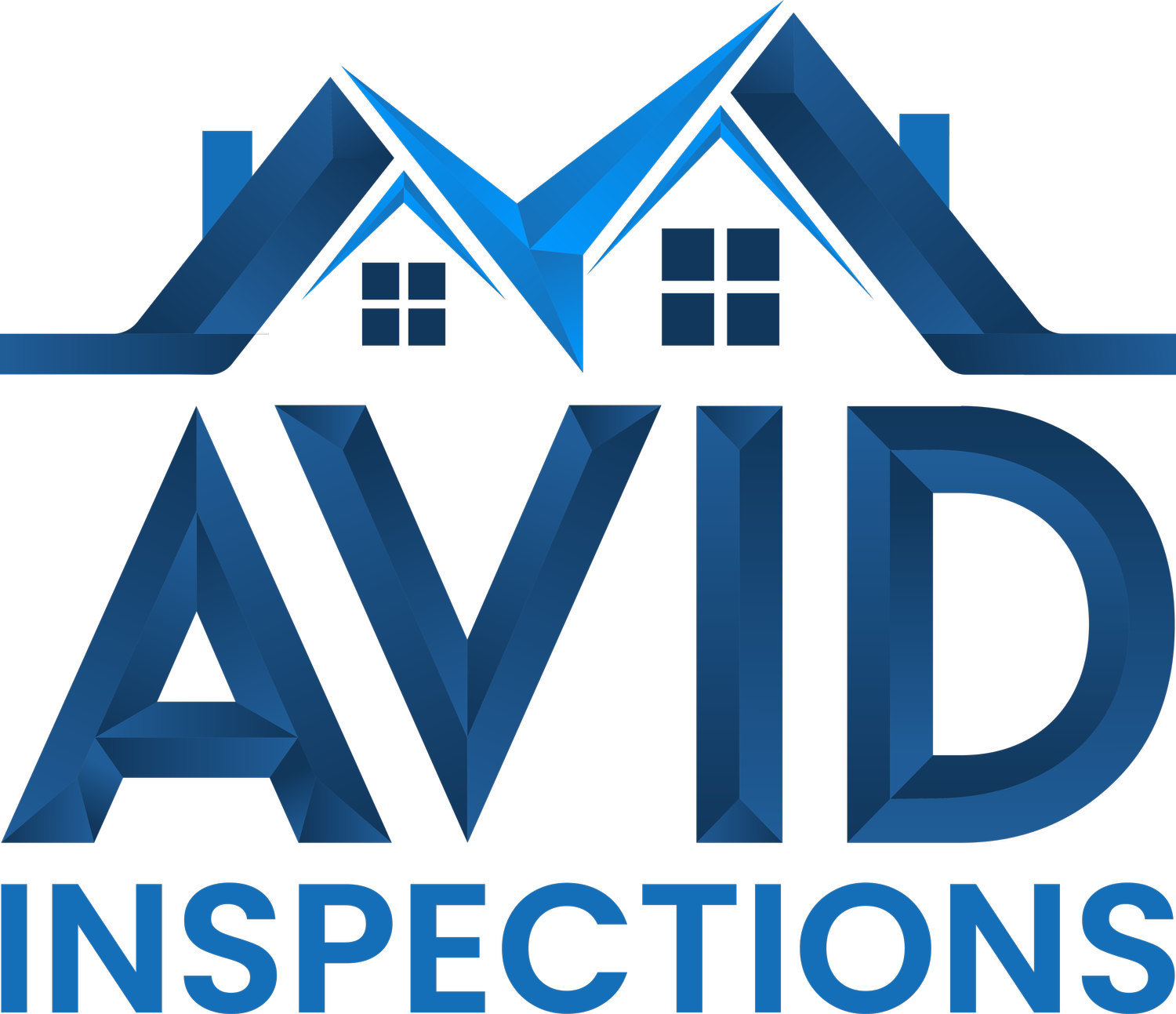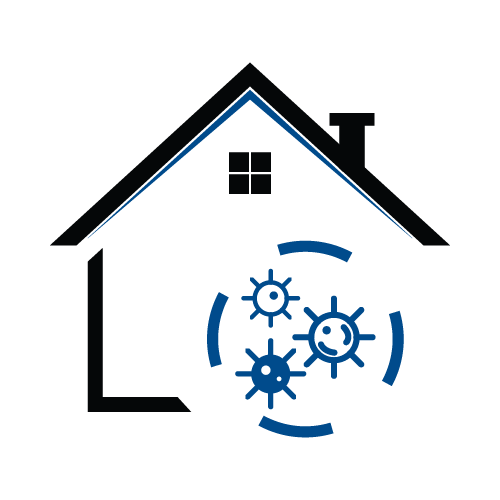Mold Inspections: Protect Your Health and Home
Mold isn’t a bad word, and needing a mold inspection is nothing to fear. In fact, mold is a natural part of our environment—essential for life on Earth. Every home has mold, but it only becomes an issue when it grows excessively, affects your health, or damages your property. Mold spores released into the air can be inhaled or absorbed by the skin and eyes. While some molds pose little to no risk, others can lead to serious health problems. That’s why a professional mold inspection is vital, especially during real estate transactions.
Understanding Mold Growth
Mold thrives when three things are present: air, food, and moisture. It can take on various forms and textures, appearing as white, black, yellow, blue, or green discoloration. Mold may also look velvety, fuzzy, or rough depending on its type and location.
Why Testing is Essential
Our certified inspectors are trained to identify mold spores in the air and locate areas of moisture intrusion, which is often the root cause of mold issues. Using advanced testing devices, we don’t just test for mold; we pinpoint the sources of moisture that allow it to grow, ensuring a comprehensive approach to mold prevention and remediation.
Accurate Analysis for Informed Decisions
Collected mold samples are sent to Hayes Microbial, an independent third-party laboratory. This ensures unbiased results, confirming if elevated mold spore levels are present and identifying their type. With this information, you’ll know exactly what you’re dealing with and can take action to protect your home and health.
Mold inspections are not just about identifying problems—they’re about ensuring peace of mind. Whether you’re buying a new home or addressing a potential issue, our thorough inspections and expert analysis will provide the clarity you need. Schedule your mold inspection today and take the first step toward a healthier, safer home!
Mold Inspections
During a mold inspection, an IAC2 Certified mold inspector will do a visual inspection for mold, measure the temperature, humidity, and moisture content of suspected areas, and take samples to be tested by a certified lab.
We perform our mold inspections according to the IAC2 Standards of Practice except where budget restrictions or other limitations prevent doing so. The IAC2 SOP requires additional samples not included in our base price.
Sample Types
Air Sample
Presence of airborne mold spores
Quantity of airborne mold spores
Determining whether mold is present, whether visible or not
Swab Sample
Presence of mold on sampled surface
Testing a suspected substance

